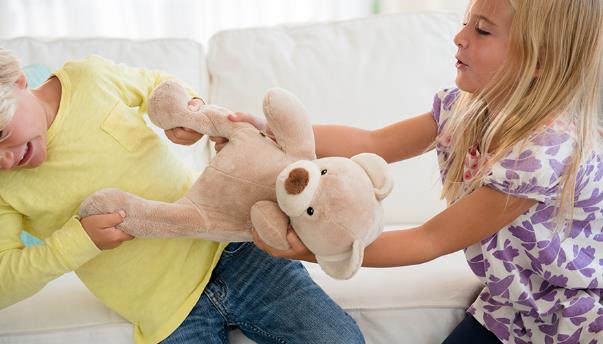

HOW TO RAISE INDEPENDENT, RESILIENT CHILDREN

Tag: preschool Littleton | daycare Littleton | child care Littleton | Littleton preschool | good preschool Littleton | daycare in LittletonCO | kindergarten Littleton | babycare Littleton CO | good preschool Littleton | affordable preschool Littleton CO | preschool near Littleton | preschool near me | infant daycare near me | summer camps Littleton | affordable daycare LittletonCO
From the day our little ones are born, our protection instincts kick in and we naturally take over doing everything for them. As they grow it becomes difficult to find the fine line to start letting them do things for themselves and let them make a few mistakes. We have just a few short years to instil in our children the independence and resilience to cope with life’s ups and downs and failure in general.
Dr. Kenneth Ginsburg, a pediatrician and leading expert on child resilience, organizes these characteristics and elements into the 7Cs.
The 7 Cs of Resilient Children
Giving your children the support to think each problem through for themselves instead of advising them how you would solve the issue will teach them how to work through their own delimas. When children are given the opportunity, in a safe environment, to struggle and sometimes fail, you allow them to develop important social and emotional skills.
Share simple strategies to help them physically if the panic sets in. Counting backwards from 10 when they are upset or taking a few deep breaths when they are stressed. If they get sad let them learn to laugh out loud with a friend to help express themselves.
There will always be times when they are sad, worried or angry and letting kids work through those emotions by themselves, given the right tools to help, is healthy. If parents swoop in to fix every issue, children miss out on that critical skill-building that results from learning from mistakes or failure. Further, children that don't have opportunities to fail or struggle and recover have lower self-confidence and a less developed self-concept. They tend to be more fearful of failure and less willing to try new things because they don't know how they will handle it.
Above all else, be a good role-model. Your children are watching and learning from how you approach life and respond to challenges. Finally, some wise words from Ann Landers, "It is not what you do for your children, but what you have taught them to do for themselves that will make them successful human beings."
© 2024 Pop-Ins - All Rights Reserved
Site by
